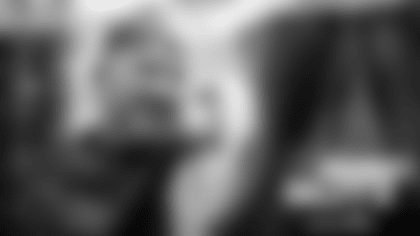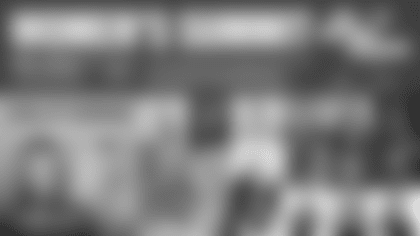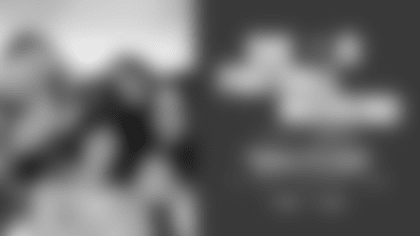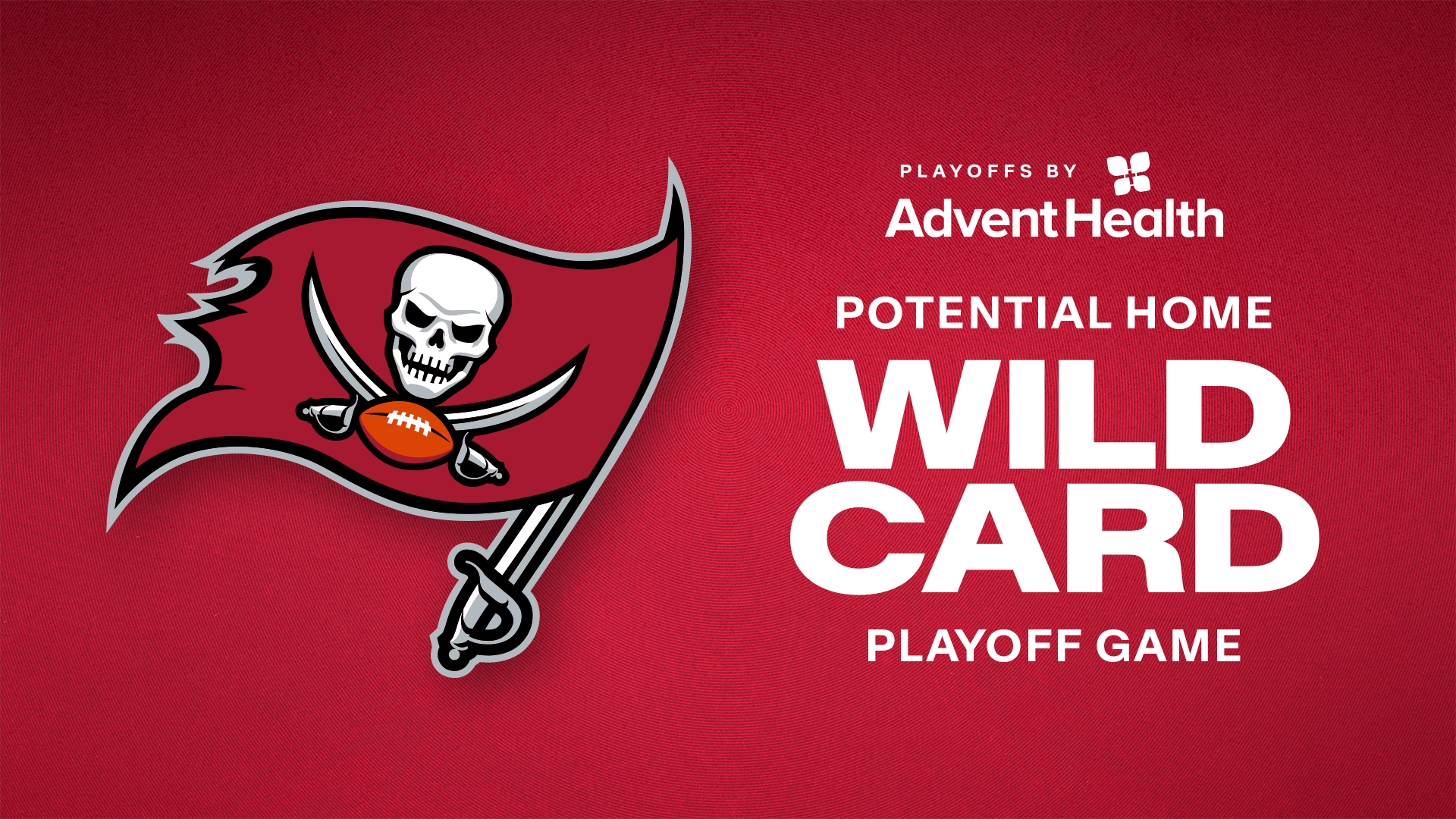Imagine this: a quarterback gets up to the line of scrimmage and surveys the defense in front of him. He doesn't like what he sees so he calls an audible, or a change in the play called, to something he thinks will be more successful. The ball is snapped and he finds out if he's right. It happens in a matter of seconds.
Now imagine a police officer. He's responding to a routine call and in approaching a person who may be involved, realizes something is wrong and has to decide on how to diffuse the situation without causing harm to himself or others. It happens in a matter of seconds.
These were the kinds of parallels drawn when Tampa Bay Buccaneers players visited the Tampa Police Academy to participate in training drills with police officers and open up a dialogue about tough subjects surrounding police relations. The event marked the first outing of the Tampa Bay Buccaneers Social Justice Initiative, a year-long, player-led program that is committed to making a meaningful difference in the Tampa Bay community.

The day began around 10 a.m. and two of the first guys to speak were wide receiver DeSean Jackson and defensive tackle Gerald McCoy, who along with left guard Ali Marpet and left tackle Donovan Smith, make up the 2018 Social Justice Player Board. They sat in a police training classroom with nine other teammates as they spoke openly with Police Chief Brian Dugan and Senior Corporal Jared Douds about concerns they had regarding police relations.

"I wanted to open the conversation up about how we feel as opposed to how they feel," McCoy said. "How they are trained as opposed to how we perceive how they're trained. I think we were able to do that to a certain extent and we got some very honest and open answers. It was very helpful."
McCoy told of encounters he has had with police, in turn asking about specific training methods and the reasoning behind them. The officers listened and answered intently.
It was never combative, never defensive; it was honest.

"They were very open about how they feel and a lot of things we brought up, they had never even thought about. That was very helpful because now, even though it may not stem from all the way up to the top to everybody, one or two people heard it and they can bring it up to this person and that's a domino effect. Same thing with us. There are some things we heard today that we may not have thought about and now we can say when this situation comes up, we can explain, 'Hey, look, I talked to them, this is what they are thinking, and this is why they are reacting the way they are.'"
The discussion was followed by virtual and live scenario-based exercises. Players were first coached by the officers on how to respond to real-life situations before putting their learnings into action and being forced to make decisions in a matter of seconds.
"I definitely wasn't expecting that," Jackson said. "They told me go to the car and do a regular traffic stop. We get out of the car and they [ambush us], so I can only imagine how these police view traffic stops or go through their jobs and make their daily decisions."
"For me, it was intense," added center Ryan Jensen, who was paired up with Jackson for one of the live scenario drills. "All of a sudden, you've got a weapon drawn and you're putting rounds down range. Things happen that fast. To be part of that, not knowing exactly what's going to happen, that's real life."

Outside of the scenario-based exercises, players also engaged one-on-one with multiple officers and connecting the parallels both encountered.
"On the football field, obviously things happen very fast but, in their world, things happen very fast, too, as I witnessed and I experienced today," Jackson said. "You just respect them a little differently and say, 'Hey, they have to protect their lives as well.' Sometimes we do things wrong and we're not perfect and it's vice versa. It goes both ways and we understand that. We're just going to create the dialogue and keep on going."
The passion and conviction of the players was evident, and no one noticed that more than Darcie Glazer Kassewitz, Buccaneers' owner and president of the Tampa Bay Buccaneers Foundation.
"We are here one-hundred percent because our players wanted to come here," Glazer Kassewitz said. "I am proud of the hard work and passion that our players have put into this program and am excited to assist them in their goal of taking a leadership role to bring about positive change in our communities."
Glazer Kassewitz and her family have been instrumental in the Social Justice Initiative, not only facilitating its creation, but pledging up to $1 million in matching donations through the Tampa Bay Buccaneers Foundation for individual causes the players donate to monetarily as part of the Tampa Bay Buccaneers Social Justice Fund.

"I think there will be a trigger effect," Jackson said. "The Glazers give us the opportunity to stand up and make a difference. We're going into the communities and we're trying to change lives. Maybe we can save one life, maybe we can save ten lives, maybe that can trigger to 100 lives."
"What matters in our life is not what happens between the lines on the field. What matters is whether or not we choose to leave our communities better than they were given to us. This is going to make a difference." Tampa Mayor Bob Buckhorn concluded, following a press conference announcement at which he, McCoy, Glazer Kassewitz, and Chief Dugan spoke.
"Our motto is 'We are the Change' and that's what we want to be," McCoy added. "We don't want to be known as just football players. We have a huge platform here and we want to use it the right way. We're trying to do something about it, not just talk about it, but be about it."





































